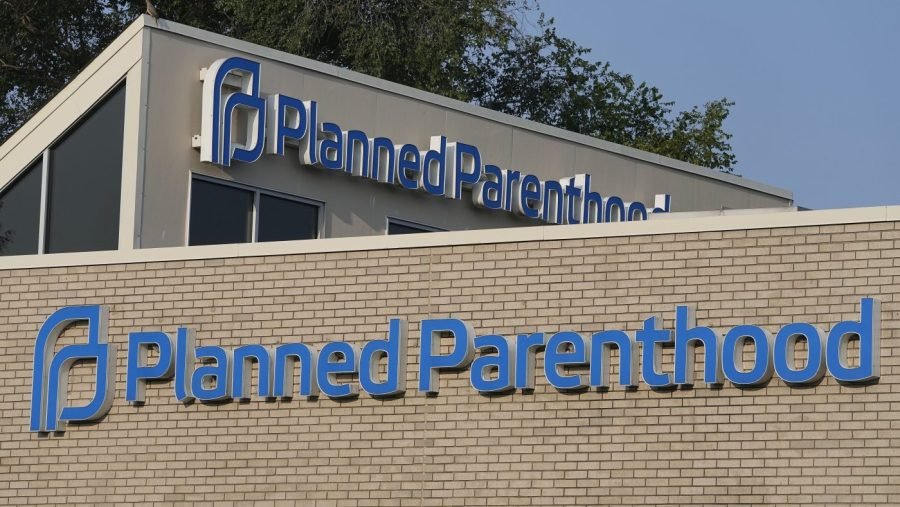
In an era of unprecedented partisan divide, where seemingly every policy and protest deepens America’s political fault lines, all eyes are on the judiciary as the ultimate battleground. At the same time, the issue of abortion continues to routinely command national headlines.
And so, it is very peculiar that a pivotal case that could serve as the final nail in the coffin for Planned Parenthood in its year of disaster has so far slipped beneath the radar.
U.S. ex rel. Doe v. Planned Parenthood is currently before the full U.S. Court of Appeals for the Fifth Circuit in New Orleans, with en banc oral arguments scheduled for today. This False Claims Act lawsuit represents the latest entry on a quickly accumulating list of regulatory violations, legal gambles and gross medical negligence by Planned Parenthood — missteps that could very soon precipitate the downfall of the nation’s largest abortion provider.
The case stems from a decade-old scandal that exposed Planned Parenthood’s practice of profiting from the sale of organs and tissue from aborted babies. Shortly after the release of the undercover videos at the center of that story, Texas and Louisiana moved to terminate the organization from their Medicaid programs, barring it from billing taxpayers for services.
Planned Parenthood fought back in court, securing a series of temporary injunctions, but all the while continuing to submit Medicaid reimbursement claims. This was a big gamble — the group pocketed millions in Medicaid funds during litigation, despite knowing its eligibility was in question. And that big gamble may soon result in a big loss.
In the meantime, this year has seen even more self-induced damage at Planned Parenthood. The New York Times revealed a disturbing pattern of medical negligence, incompetence and unsanitary conditions at Planned Parenthood facilities — issues that put women’s lives at risk. (This is in addition to the hundreds of thousands of lives ended by abortion at Planned Parenthood facilities each year.) From administering incorrect medications to preparing patients for the wrong procedures, Planned Parenthood repeatedly failed to meet even the most basic standards of care that women deserve.
Shortly after the Times expose, Planned Parenthood of Greater New York shuttered its flagship Manhattan location, citing financial strains. Such closures have now spread to cities across the country — over 40 closures, at last count — as numerous state laws have limited Planned Parenthood’s abortion business, in addition to federal legislation passed in July barring abortion providers from accessing Medicaid funds. Planned Parenthood, which has long relied on taxpayer dollars to fill its coffers, is now suing over Congress’s exercise of its Spending Clause discretion to stop taxpayer funds from going to abortion providers. That litigation is ongoing.
Planned Parenthood’s access to tax dollars has also been limited by the Supreme Court ruling in Medina v. Planned Parenthood South Atlantic, which upheld states’ authority to decide whether abortion providers qualify for Medicaid reimbursements.
Against this backdrop, the under-the-radar case of U.S. ex rel. Doe v. Planned Parenthood represents an existential threat to Planned Parenthood.
The Fifth Circuit has ruled that Texas and Louisiana were within their rights to drop Planned Parenthood from Medicaid, making clear that the organization was ineligible for these taxpayer funds all along. Under the False Claims Act, money obtained from the government while ineligible — even if collected under a court order that is later overturned — must be repaid in full. Planned Parenthood has not yet returned the money to American taxpayers.
Now, Planned Parenthood could be on the hook for treble damages, civil penalties, interest and legal fees, pushing its total potential liability in the pending case past $1.8 billion — a financial catastrophe for the abortion giant that could hasten its end.
Given its potential impact, U.S. ex rel. Doe v. Planned Parenthood is likely the most important case you’ve never heard of. With Planned Parenthood’s future hanging in the balance, this case will not stay under the radar for much longer.
Jennie Bradley Lichter is president of March for Life and former deputy director of the White House Domestic Policy Council in the first Trump administration.






